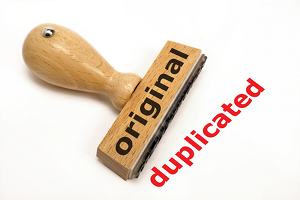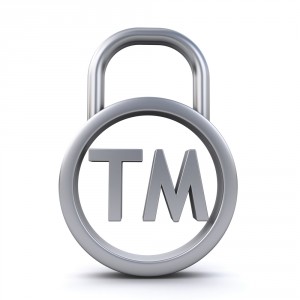 Facebook, online advertising agency adSage, and a web-based wholesaler of Chinese goods are named as defendants in a new class-action trademark lawsuit accusing them of enabling the placement of, or placing ads for, counterfeit NFL apparel on the social network. (read it below)
Facebook, online advertising agency adSage, and a web-based wholesaler of Chinese goods are named as defendants in a new class-action trademark lawsuit accusing them of enabling the placement of, or placing ads for, counterfeit NFL apparel on the social network. (read it below)
Inkies Sports, Inc. d/b/a Krystal’s NFL Shoppe, a New Mexico-based retail store that only sells “officially licensed NFL merchandise” filed suit. Krystal’s charges that a litany of ads on its Facebook page offer competing, counterfeit merchandise at prices that can be 80% – 90% below the MSRP of an authentic, officially licensed NFL jersey.
But should Facebook and advertising agencies be held accountable for alleged wrongdoings of third party advertisers accused of hawking cheaper counterfeit goods? Prior case law suggests not.
Two years ago a federal appeals court held that eBay was not liable to Tiffany, Inc. for trademark infringement or dilution by offering Tiffany goods for sale that third parties listed for sale. It sent the case back to a lower court to further examine Tiffany’s false advertising claim, and determine whether extrinsic evidence showed that advertisements misled or confused consumers about Tiffany products offered for sale. The U.S. District Court ultimately ruled that eBay was not liable for false advertising, since it failed to obtain survey data showing that a substantial portion of consumers were misled.

 For several months, Facebook has
For several months, Facebook has  Last Tuesday, The Trademark Trial and Appeal Board (TTAB) upheld a decision to deny Apple’s trademark application to register its music feature mark that’s used on iPhones and other Apple products. The reason? The mark was confusingly similar to another mark that’s now owned by MySpace. Both marks consist of two musical eighth notes on an orange background. MySpace’s mark was originally issued to iLike, a music service that let users download and share music with each other. However, MySpace bought iLike in 2009, and closed it down a few years later.
Last Tuesday, The Trademark Trial and Appeal Board (TTAB) upheld a decision to deny Apple’s trademark application to register its music feature mark that’s used on iPhones and other Apple products. The reason? The mark was confusingly similar to another mark that’s now owned by MySpace. Both marks consist of two musical eighth notes on an orange background. MySpace’s mark was originally issued to iLike, a music service that let users download and share music with each other. However, MySpace bought iLike in 2009, and closed it down a few years later. On July 19th, Rick Quereshi filed a
On July 19th, Rick Quereshi filed a 